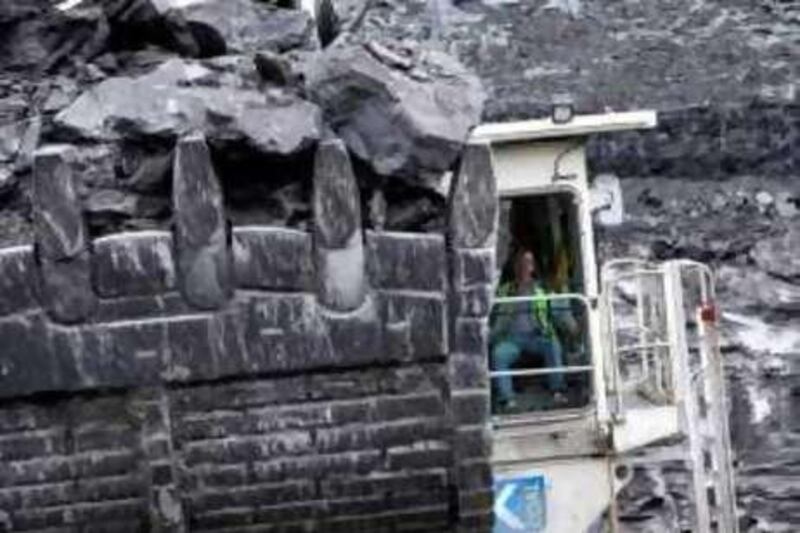Sometimes the most important news is what is not happening. This summer has given us one such example: the climate change bill, for which the US President Barack Obama had pushed so hard, will not even be presented to the US Senate because it stands no chance of passage.
This means the US is about to repeat its "Kyoto experience". Twenty years ago, the US participated (at least initially) in the first talks aimed at achieving a global accord to reduce carbon dioxide emissions. At the time, the EU and the US were by far the greatest emitters so it seemed appropriate to exempt the world's emerging economies from any commitment. Over time, it became apparent that the US would not live up to its commitment owing, as now, to opposition in the Senate. The EU then went ahead on its own, introducing its path-breaking EU Emission Trading System in the hope that Europe could lead by example.
Without the American climate change package, the promises made by the US administration only seven months ago at the Copenhagen summit have become worthless. The European strategy is in tatters - and not only on the transatlantic front. China's commitment to increase the carbon dioxide efficiency of its economy by about 3 per cent a year is of no help because annual GDP growth rates of close to 10 per cent mean the country's emissions will soar this decade.
By 2020, Chinese emissions could be more than triple those of Europe and even surpass those of the US and Europe combined. Exempting emerging markets from any commitments, as the Kyoto Protocol sought to do, no longer makes sense. Why has every attempt to set prices for global carbon emissions failed? The answer is cheap and abundant coal. Burning hydrocarbons (natural gas and petrol) yields water and carbon dioxide. By contrast, burning coal yields only carbon dioxide. Moreover, compared with natural gas and crude oil, coal is much cheaper for each tonne of carbon dioxide released.
This implies that any tax on carbon has a much higher impact on coal than on crude oil (or gas). Owners of coal mines and their clients are thus strongly opposed to any tax on carbon. They constitute a small but well organised group that wields immense lobbying power to block efforts to limit carbon dioxide emissions by putting a price on them, as the planned US cap-and-trade system would have done.
In Europe, indigenous coal production no longer plays an important economic role. Therefore, it is not surprising that Europe could enact a cap-and-trade system that imposes a carbon price on a large part of its industry. The tax seems to fall mostly on foreign suppliers of coal and to a lesser extend on foreign suppliers of hydrocarbons in the Middle East and Russia. By contrast, opposition by US states with economies that rely significantly on coal production proved decisive for the fate of Mr Obama's climate change bill.
The US experience has wider implications. If it proved impossible to introduce a moderate carbon tax in a rich economy, it is certain no commitment will be coming for the next generation from China, which remains much poorer and depends even more on indigenous coal than the US. And, after China, India looms as the next emerging coal-based industrial superpower. Without any significant commitment from the US, the Copenhagen Accord, so laboriously achieved last year, has become meaningless.
Business will now continue as usual in terms of climate change diplomacy, with its wandering circus of big international meetings, and of rapidly increasing emissions. The meetings are aimed at creating the impression that the world's leaders are still working on a solution to the problem. But rising carbon dioxide emissions constitute what is really happening on the ground: a rapidly growing industrial base in emerging markets is being hard-wired to intensive use of coal. This will make it exceedingly difficult to reverse the trend in the future.
A planet composed of nation-states that in turn are dominated by special interest groups does not seem capable of solving this problem. Unfortunately, there is enough cheap coal around to power ever-higher emissions for at least another century. So the world will become warmer. The only uncertainty is how much warmer. Determined action at the global level will become possible only when climate change is no longer some scientific prediction but a reality that people feel.
But at that point, it will be too late to reverse the impact of decades of excessive emissions. A world incapable of preventing climate change will have to live with it. * Project Syndicate Daniel Gros is the director of the Centre for European Policy Studies.





